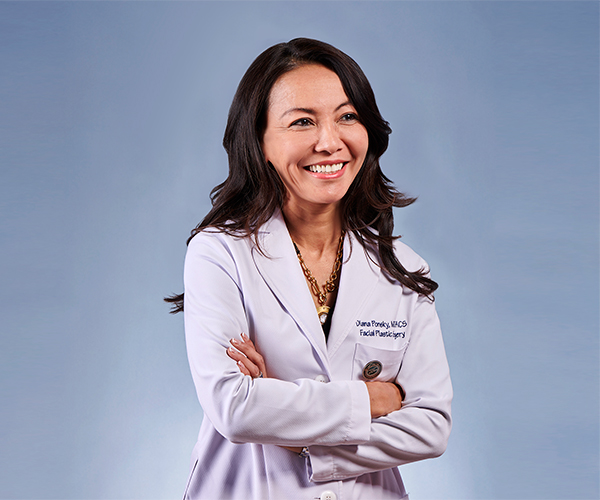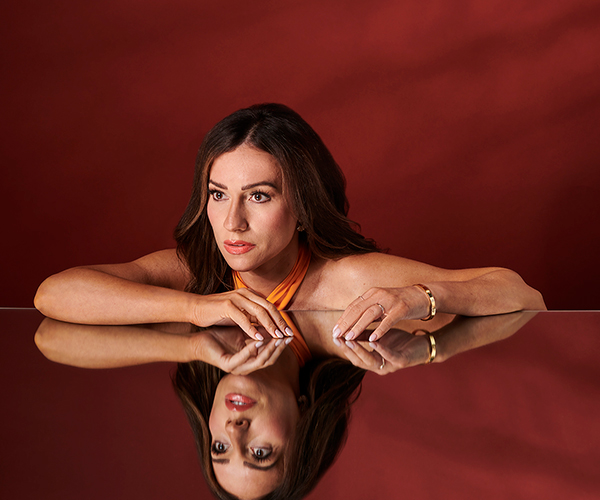It isn't enough for Dr. Vivian von Gruenigen to help her patients survive endometrial cancer. Not when there's another killer lurking in the body: obesity.
Endometrial cancer, she explains, is often obesity-driven. And once such patients beat it, there's a good chance it won't come back. But there is, she says, too great a chance that these survivors will die prematurely of other obesity-caused diseases. Obese endometrial cancer survivors are more likely to die from weight-related diseases than from their cancer.
And she can't let that happen.
So, with the help of the Lance Armstrong Foundation, which recently awarded her a $110,000 Young Investigator research grant, the 43-year-old gynecologic oncologist has launched a one-year study to investigate if an intense diet and exercise program can motivate these patients to lose weight.
Sure, you're saying. Of course diet and exercise can help you lose weight. But that's easier said than done. The key - and the purpose of the study - is to see if the scare of cancer will result in what the University Hospitals physician calls "a teachable moment."
"Wouldn't it be grand," she asks with a huge smile, "if there was a difference in overall survival?"
It's a way of treating the whole person, not just the specific disease. It's not a surprising approach coming from a doctor who started out as a nurse and credits this early training with giving her a beside manner that she hopes her patients find comforting.
After six months of nursing, von Gruenigen realized she wanted to be a doctor. And she wanted it badly enough to return to college as a full-time student for additional credits she'd need to get into med school.
So she attended school till 3 p.m. and then worked till 11 p.m. as a nurse. It was the busiest time of her life. And this coming from a mother of two small children who refuses to calculate how many hours she puts in a week. "If I found that out," she says, erupting into hysterical laughter, "my husband wouldn't be happy."
It was all worth it, she says, because she wanted to be a doctor more than anything. "Anyone who wants to achieve something has to sacrifice something," she adds.
That's a mantra she sticks to today. It's why she gets up by 5:30 a.m. to get in a little extra work before she leaves for the hospital, where she sees patients three days a week and works on her research the other two. "I know I can help one woman at a time," she says.
If her research proves that cancer is indeed the teachable moment she suspects, she can help a lot more women than that. It's possible, she says, that the holistic approach she is studying might someday become standard practice.
The goal won't be just to survive cancer. It will be to survive - period.



